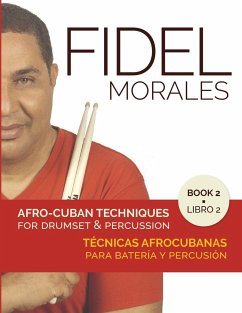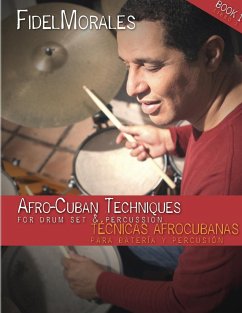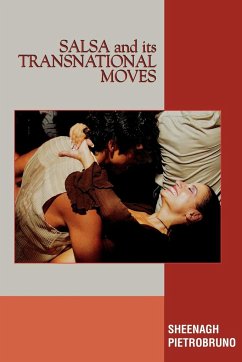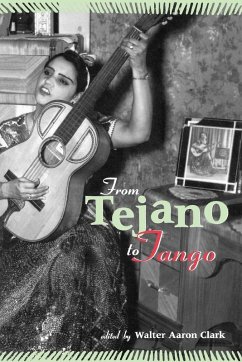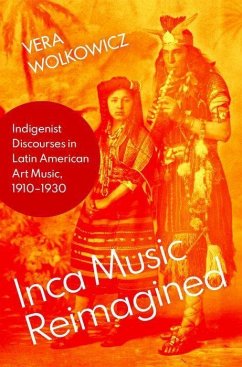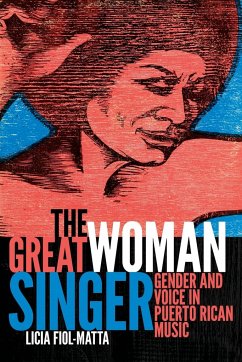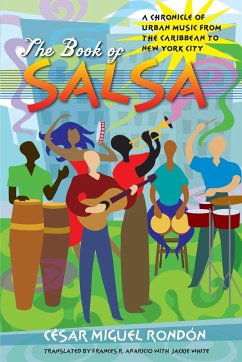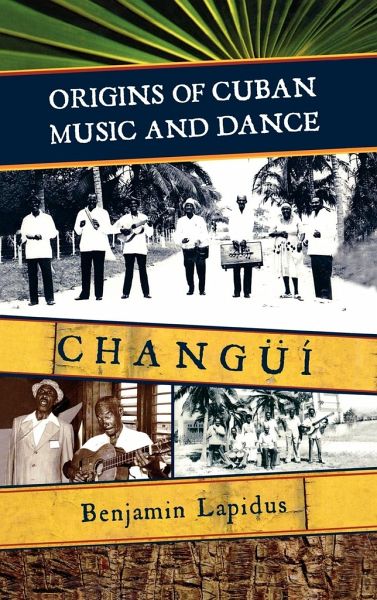
Origins of Cuban Music and Dance
Changüí
Versandkostenfrei!
Versandfertig in 1-2 Wochen
107,99 €
inkl. MwSt.
Weitere Ausgaben:

PAYBACK Punkte
54 °P sammeln!
This book is a study of changüí, a particular style of music and dance in Guantánamo, Cuba, and the roots of son, the style of music that contributed to the development of salsa, in Eastern Cuba. The book also highlights the connections between Afro-Haitian music and Cuban popular music through changüí.





